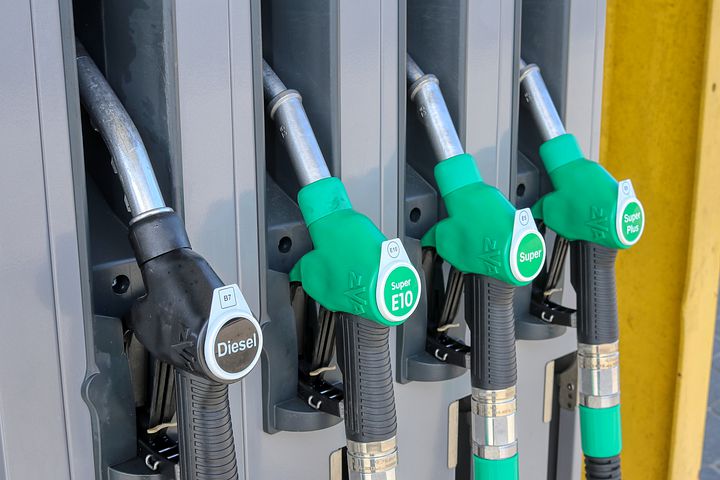The government has announced that it is to bring forward the ban on sales of new petrol and diesel vehicles in the United Kingdom from the original target of 2040, to 2030.
The news comes as Boris Johnson sets out a ten point plan to tackle climate change, that will include a hydrogen powered town and nuclear reactors.
The ten point plan is as follows:
The 10 points in the plan are:
- Offshore wind: Harnessing enough offshore wind to power every home, quadrupling production to 40GW by 2030, supporting up to 60,000 jobs
- Hydrogen: Generating 5GW of low carbon hydrogen production capacity by 2030 and developing the first town heated entirely by hydrogen by the end of the decade
- Nuclear: Promoting nuclear as a clean energy source and developing the next generation of small and advanced reactors, which could support 10,000 jobs
- Electric vehicles: Accelerating the transition to electric vehicles, and transforming infrastructure to support electric vehicles
- Public transport, cycling and walking: Making cycling and walking more attractive and investing in zero-emission public transport
- Jet Zero and greener maritime: Supporting research projects for zero-emission planes and ships
- Homes and public buildings: Making buildings greener, warmer and more energy efficient, creating 50,000 jobs by 2030, and installing 600,000 heat pumps every year by 2028
- Carbon capture: Technology to capture and store harmful emissions away from the atmosphere, removing 10MT of carbon dioxide by 2030, equivalent to all emissions of the industrial Humber today
- Nature: Protecting and restoring the natural environment, planting 30,000 hectares of trees every year, creating and retaining thousands of jobs
- Innovation and finance: Developing technologies needed for the plan and making the City of London the global centre of green finance
The prime minister said: “My 10-point plan will create, support and protect hundreds of thousands of green jobs, whilst making strides towards net zero by 2050.
“Our green industrial revolution will be powered by the wind turbines of Scotland and the North East, propelled by the electric vehicles made in the Midlands and advanced by the latest technologies developed in Wales, so we can look ahead to a more prosperous, greener future.”
It has since been confirmed that some hybrid cars will still be allowed to be sold once the ban comes into force.




